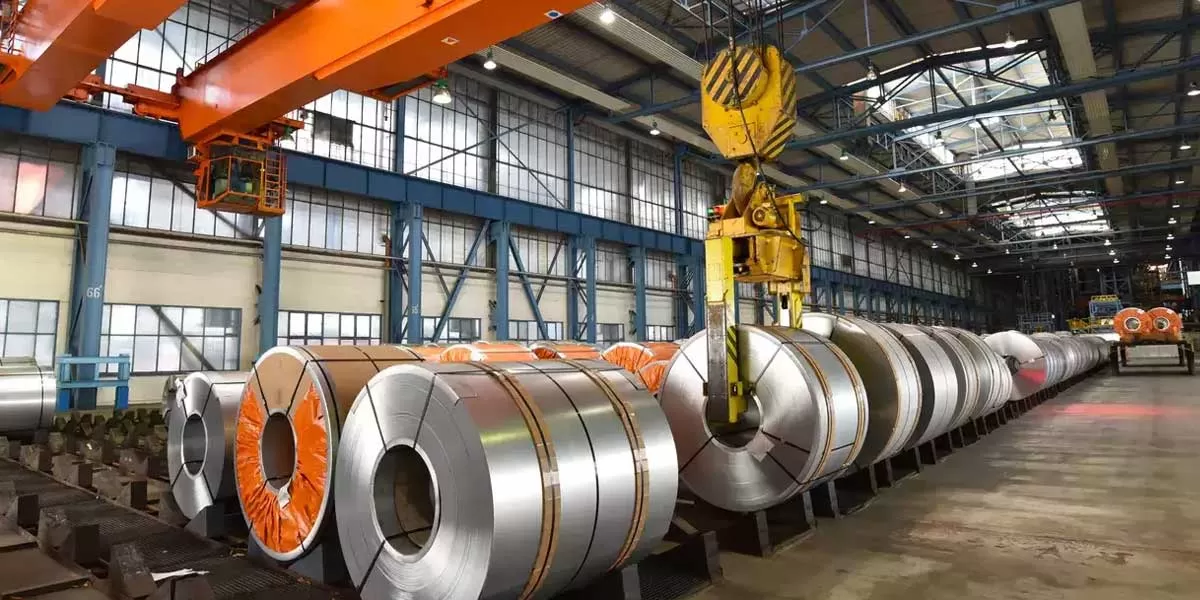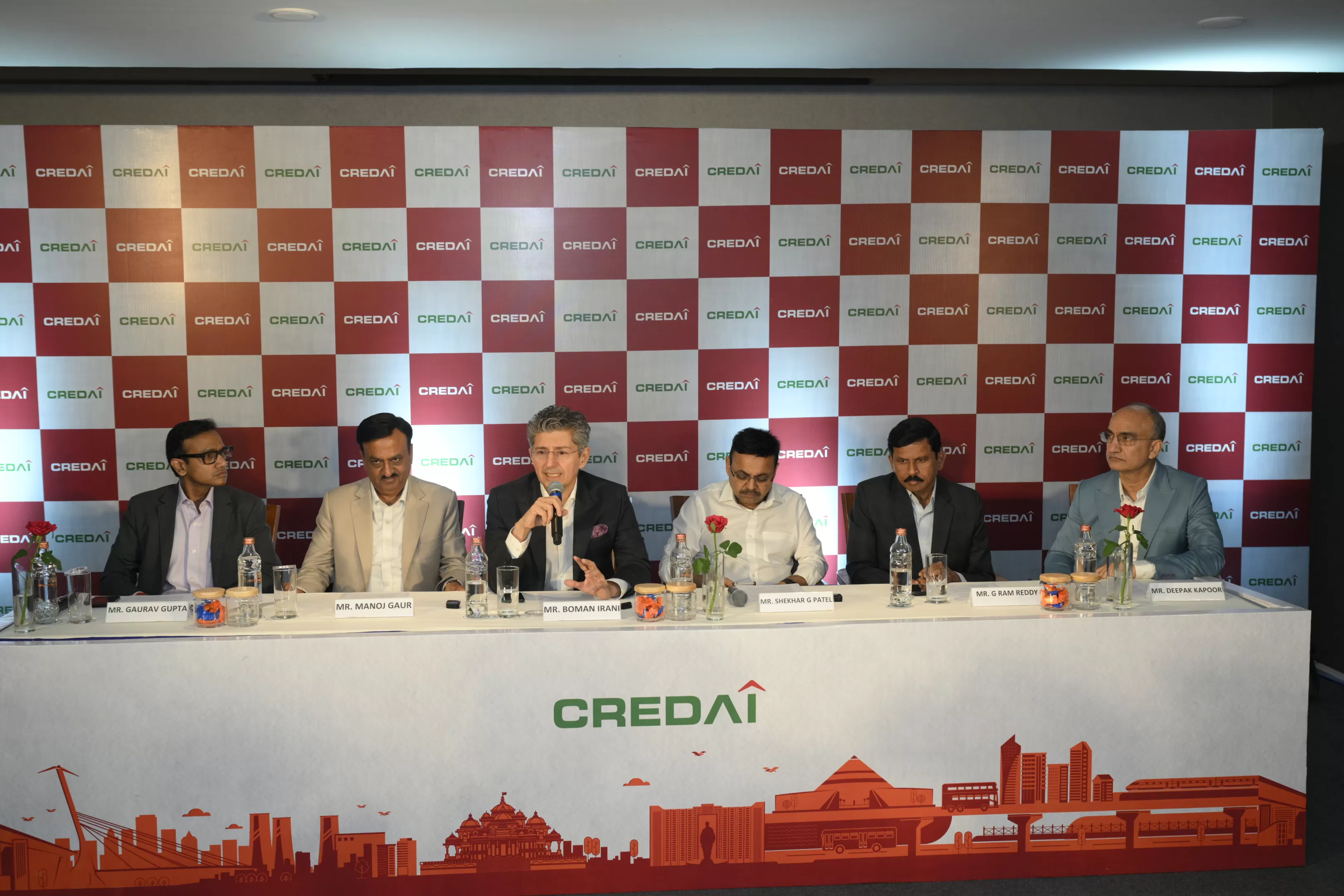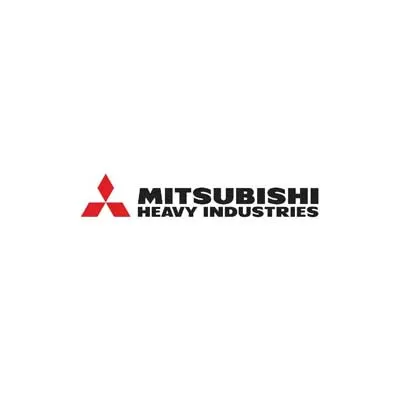
India's steel industry to look at renewable energy to avoid CBAM tariffs

JP Infra Signs Bollywood Icon Kareena Kapoor as Brand Ambassador
JP Infra, one of the leading real estate developers in the Mumbai Metropolitan Region (MMR), proudly announces the onboarding of Bollywood superstar Kareena Kapoor as its brand ambassador. This iconic partnership marks a new chapter in JP Infra’s journey of redefining luxury living and setting new industry benchmarks. With an illustrious legacy of developing landmark projects that blend innovation, elegance, and sustainability, JP Infra has consistently delivered best-in-class homes that resonate with contemporary lifestyles. Known for its commitment to excellence, the company has establis..

CREDAI, NSDC & QCI Sign MoU to Boost Staff Development in Real Estate
India’s leading Real Estate Body, Confederation of Real Estate Developers Association of India (CREDAI) signed a Memorandum of Understanding (MoU) with the National Skill Development Corporation (NSDC) and the Quality Council of India (QCI) to establish a collaborative framework for skill training, capacity building, and worker certification in the construction and real estate sector. The MoU was signed at the landmark occasion of CREDAI’s change of guard ceremony which witnessed Shekhar G Patel becoming the new president of CREDAI for the term 2025-27. Under the partnership, all part..

MHIEC Wins Tokyo Sewage Incinerator Rebuild Order
Mitsubishi Heavy Industries Environmental & Chemical Engineering Co., Ltd. (MHIEC), a part of Mitsubishi Heavy Industries (MHI) Group, has received an order from the Bureau of Sewerage of the Tokyo Metropolitan Government (the Bureau of Sewerage) to rebuild the sewage sludge incineration facility at the Nambu Sludge Treatment Plant in Ota-ku. The construction order calls for replacement of the existing superannuated sewage sludge incineration system with the industry's first "energy-supply" (carbon-negative) incinerator. The new incinerator enables reduction in greenhouse gas (GHG) emi..














